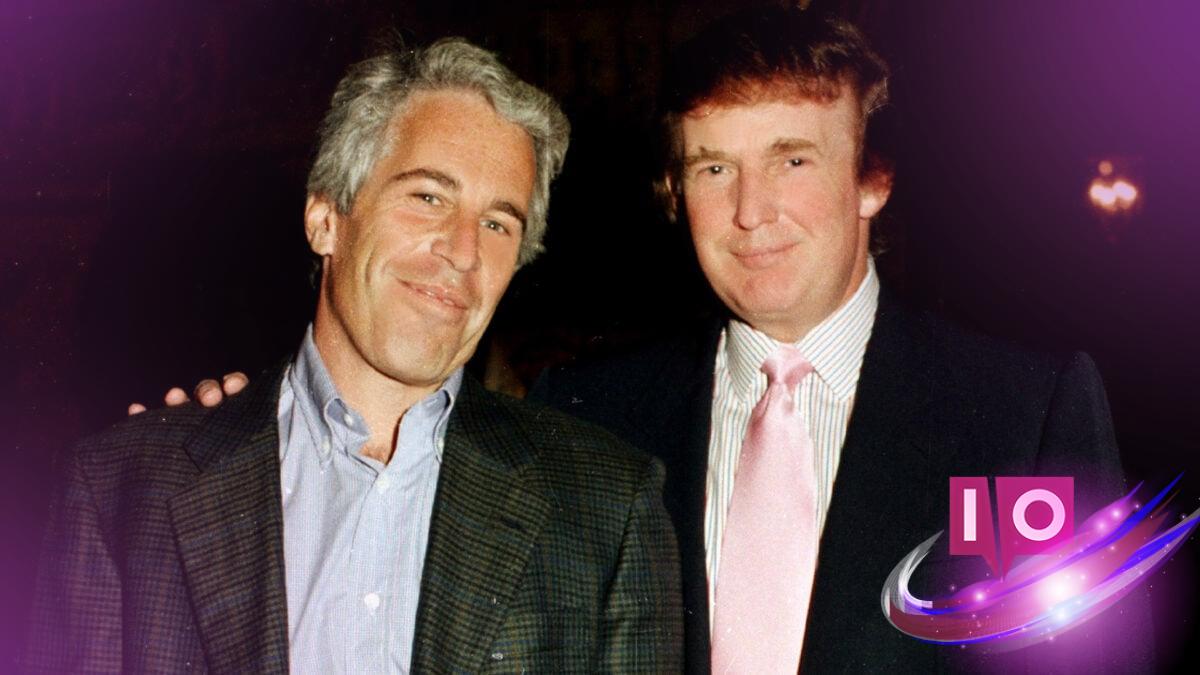The fallout from the Jeffrey Epstein scandal continues to resonate within the Trump administration, sparking fresh controversies that demand attention. This week, it was right-wing provocateur James O’Keefe, known for his confrontational tactics, who ignited yet another PR dilemma for the White House. His recent videos seem to shift focus from traditional targets to conservatives—an unexpected turn that has raised eyebrows.
James O’Keefe gained notoriety through Project Veritas, initially aimed at exposing liberal organizations. Despite the group’s inactivity following various scandals, O’Keefe continues to make headlines. This week, he released a video featuring a top Justice Department official discussing the Epstein case, alleging that the government intends to manipulate file redactions to deflect blame from Republicans and onto Democrats.
1. The Key Video Revelation
On Thursday, O’Keefe’s new venture, the O’Keefe Media Group, showcased a video involving Joseph Schnitt, a senior official at the Justice Department. During the heavily edited footage, Schnitt appears to suggest that the forthcoming release of Epstein-related files will be selectively redacted. He claims, “They’ll redact every Republican or conservative person in those files, leave all the liberal, Democratic people in those files.” The pretext behind the comments raises alarming questions about transparency.
2. Examining the Context
Context is crucial when interpreting O’Keefe’s work. Historically, Project Veritas has been critiqued for presenting questionable narratives through its covertly recorded footage. However, Schnitt’s statements seem direct and troubling. The insinuations of government bias are serious, warranting in-depth scrutiny.
3. The Government’s Response
In an unusual move, the Justice Department sought to ameliorate the situation by sharing an unedited email screenshot sent by Schnitt to Bondi. This step almost seemed like the DOJ was doing the job for journalists, confirming many points raised in O’Keefe’s video. The email provided insight into Schnitt’s interactions with a woman he met on a dating app, further complicating his position as a high-ranking government official.
4. The Broader Implications
Interestingly, O’Keefe also hosted a YouTube interview with Rep. Thomas Massie, who has been vocal about pressing for more information on the Epstein files. The Republican’s choice of topics reflects an ongoing struggle within the party—where does loyalty lie when facing the unsettling truths of Epstein’s circle? Massie recently emphasized, “If you can’t get Republicans to care about an underage sex trafficking ring with hundreds of victims, how are you going to get them to care about the budget?”
5. What Lies Ahead?
As the situation unfolds, questions loom large: Is the government genuinely committed to transparency regarding the Epstein scandal? Can citizens believe what’s portrayed in selective media narratives? Understanding the truth behind these developments is essential for active civic engagement.
What is the Epstein case’s current status? The ongoing discussions about the case are prevalent, yet many details remain under wraps, clouding the public’s understanding of the complexities involved.
Why are there redactions in the Epstein files? Redactions are often utilized for privacy or ongoing investigation concerns, but their implementation can lead to accusations of bias, as recently illustrated.
How does this impact public trust in the government? Trust is fragile; when controversies such as these arise, they can further erode confidence, urging the need for accountability and transparency.
In a landscape filled with deceit and misinformation, it’s vital to remain aware and engaged. The Epstein case continues to unveil layers that challenge our understanding of justice and accountability. As more details emerge, staying informed is not just beneficial—it’s necessary.
For ongoing insights and related discussions, consider exploring more on Moyens I/O.
